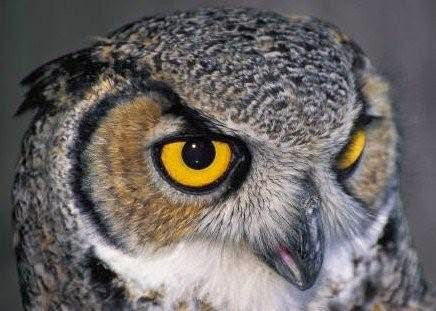 |
| Shutterstock |
2021 is a year that most people would prefer to simply disappear. To describe the last twelve months as 'challenging' is a misnomer and under-estimation of the level of difficulty with which Australia and the world has had to contend. A listing of some of the key events of 2021 provides a brief insight -
- COVID-19: just as the vaccines (from pharma companies, Astra-Zeneca, Pfizer and Moderna) rolled out in large quantities, the virus mutated not at all surprisingly. New variants most notably Delta and the almost sci-fi name of 'Omicron' became the new dominant mutations raising the concern that the virus may be able to break-through the vaccines. As global management consultancy, McKinsey & Co commented "COVID-19 continues to pose risks, and managing it as endemic will require a momentous societal shift. Perhaps the hardest part will be coming to terms with the idea that this is no temporary phenomenon; we all must make permanent behavioural changes after the crisis". COVID-19 is here to stay and the pandemic remains an ongoing crisis into 2022.
- AUKUS: The announcement of a new strategic alliance titled AUKUS (Australia, United Kingdom and The United States) took many countries by surprise not the least, France, that had a contract to build new diesel submarines for Australia. The new alliance included providing Australia with the capability to build nuclear submarines thus rendering the contract with France null and void. The diplomatic fallout was predictable and public.
- World economy and supply chains: the fact that the world economy did not shrink further is a surprise. The fact that global supply chains have been severely disrupted is not. With the supply of goods and services now segmented, out-sourced and distributed globally, delays and shutdowns in several countries affected the rest of the world. A single container ship, Ever Given, stuck in the Suez Canal caused losses estimated at USD $9.6 billion per day. The experience of COVID-19 has led to calls in many countries for better self sufficiency in the future, yet the impact of this situation will continue for the next few years.
- Taliban return to power in Afghanistan: the 20 year war in Afghanistan ended with the Taliban once again in power. The Western nations appeared shocked and surprised however closer examination has shown the inevitability of the Government in Kabul falling from power. Non existent relationships with local provincial communities, massive corruption and an army that was not paid for months all led to the demise. The lessons of previous civil wars clearly had not been heeded.
- New US President: Joe Biden was elected president of the United States defeating Donald Trump leading to hopes that the US would again play a role in international relations that Trump had largely abandoned. Biden certainly reopened dialogue which his predecessor had closed off.
- COP26 Climate Change - Glasgow: COP26 ended without the major agreement that many people and nations had hoped. Against the backdrop of the latest IPCC report, many important decisions were reached such as for methane emissions and there was understanding that CO2 emissions must be reduced well before 2050. The US and China joint statement made it clear that reductions are needed this decade by 2030 if global warming is to be averted. Yet concrete tangible agreement across the world which leads to meaningful target reductions remained elusive.
- Australia's vaccine rollout: despite having tackled the COVID-19 virus effectively in the first year, Australia's vaccine program faltered and ran too slowly in the second pandemic year allowing the virus to reach a foothold again through the Delta variant. By the end of 2021 Australia had caught up with the rest of the world and had administered over 42 million vaccine doses with many States now reaching over 90% of the eligible adult population (over 16 years of age).
2021 has been a difficult year - may 2022 provide some relief and hope.

